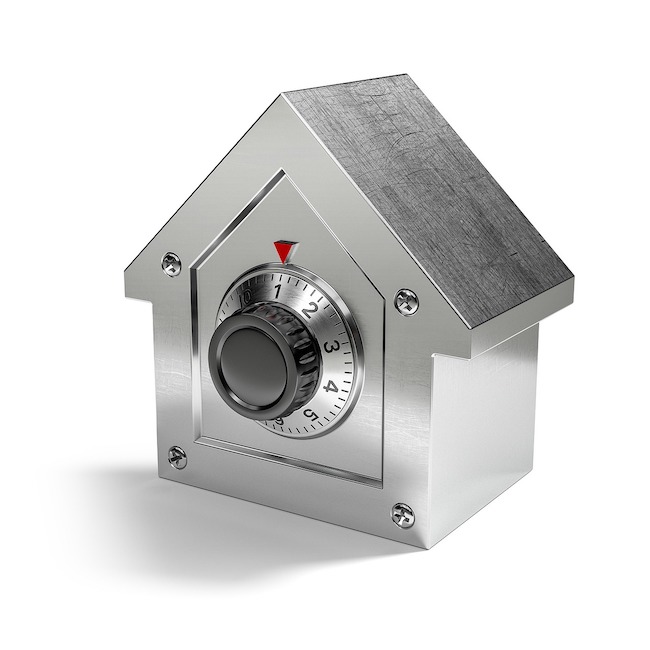One of the things that buyers, especially first-timers, are most nervous about is the good faith deposit, sometimes referred to as the earnest money deposit. They are worried that if for some reason they don’t end up buying the home they will lost their deposit.
 In the Los Angeles area the good faith deposit is no small amount. In the areas I work (Los Angeles homes for sale by community) anything less than 3% of the total purchase price will not be considered, especially in a market that favors sellers. The market is becoming more balanced now, but in the time I have been working in real estate, 3% is the expected amount of the the deposit.
In the Los Angeles area the good faith deposit is no small amount. In the areas I work (Los Angeles homes for sale by community) anything less than 3% of the total purchase price will not be considered, especially in a market that favors sellers. The market is becoming more balanced now, but in the time I have been working in real estate, 3% is the expected amount of the the deposit.
When a buyer makes an offer on a home and that offer is accepted by the seller the deposit must be put into an escrow fund within three days of the contract signing. This is usually sent to the Escrow company (California is an Escrow state) handling the transaction. Three days is required by the contract and should not be missed, as this can sometimes sink a deal, especially if there are other buyers waiting in the background. There is a liquidated damages clause in the contract which states that (for a dwelling of 1-4 units, one which the buyer intends to occupy) the 3% deposit is the maximum amount the seller can keep if the buyer defaults.
There are certain contractual duties a buyer has to fulfill when going through the escrow process, and as long as they are adhered to in a timely manner then the buyer is in no danger of losing their deposit. Examples of these are carrying out inspections within the contracted timeframe, working diligently to get final loan approval, producing necessary documents to the seller like proof of funds (especially if making a cash offer), or loan qualification letter from a lender. And most important is to remove contingencies on the date specified. If good faith has been shown by the buyer in carrying out their duties then the seller will probably be agreeable to make a reasonable extension to the timeline in order to keep the process moving forward.
Again, good faith is the operative word. Below are some reasons why a buyer is entitled to back out of the deal.
- They end up being unable to secure the loan even no fault of their own.
- The house does not appraise for the amount of the loan, the seller is unwilling to lower the price of the home, and the buyer is unwilling to increase the downpayment to make up the difference.
- They find problems with the inspections. After submitting a request for repairs or credit to the seller they cannot come to an agreement, and the buyer is not willing to come up with the cost involved, or they may just be uncomfortable with the findings in general.
- The seller is not meeting their obligations, which could be anything from not providing proper paperwork to the buyer, making access to the home difficult, not disclosing an essential flaw, etc. Yes the seller has duties to fulfill also.
What a buyer cannot do is change their mind and just back out of the deal for no reason. This goes for the seller too. If the buyer defaults then the seller is entitled to the 3% deposit in full. In case the buyer contests it would go through a mediation/arbitration.
However, if the buyer decides not to pursue the purchase because of a legitimate reason as stated above then they can request cancellation of escrow. Both parties must sign the cancellation and the release of funds from escrow. If the seller refuses to sign then the buyer may send a demand to release the funds to Escrow who will in turn send a demand to the seller. If after 10 days there has been no objection Escrow will release the funds to the buyer, less any expenses incurred by buyer during the escrow process (usually minimal for a buyer at this point).
Bottom line, if the buyer adheres to their responsibilities during the escrow process then their good faith deposit is safe.
| Need Help? Have questions? Fill out the CONTACT FORM or call Jane at 310-351-9208 |
